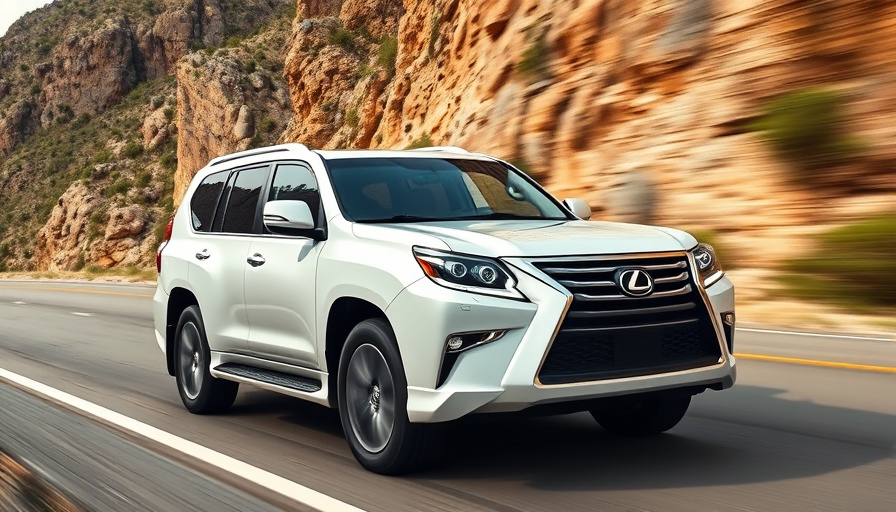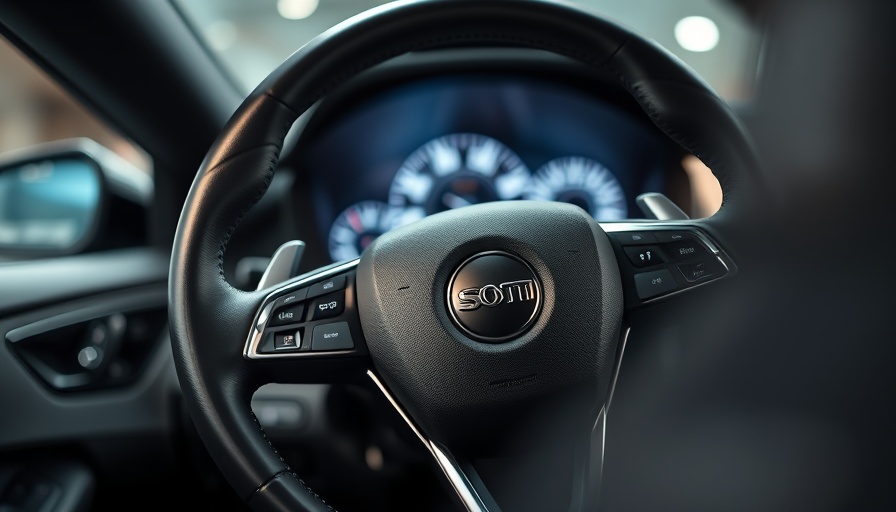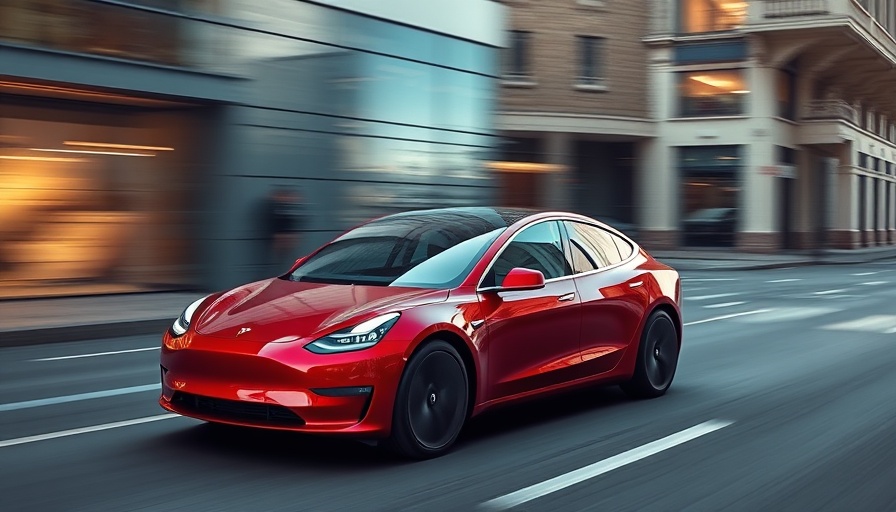
Mercedes-Benz's Sales: A Mixed Bag with Promising Trends
In the second quarter of 2025, Mercedes-Benz has reported a 9% decline in global sales, with a total of 547,100 passenger cars and commercial vans sold. This drop can be attributed to various market challenges, including supply chain disruptions and ongoing tariffs. However, a closer look reveals some encouraging trends that signal potential growth and resilience in specific markets.
Understanding the Sales Decline: What’s Behind the Numbers?
The decrease in overall sales figures might seem alarming at first glance, but it reflects a strategic approach by Mercedes-Benz to manage inventory amidst a dynamic market environment. Their commitment to stocking efficiently is noteworthy given the volatility in manufacturing and imports caused by increased tariffs affecting automotive parts.
Despite the downturn in sales, it’s important to highlight that there’s been substantial growth in key markets, notably the United States and Germany. Sales surged by 26% in the U.S. and increased by 7% in Germany, contrasting sharply with the overall global figure. This surge illustrates a strong brand loyalty and demand for Mercedes vehicles in these regions.
Upscale Models Leading the Charge
A particularly bright spot in Mercedes-Benz's sales data is the performance of their luxury models. The company saw a 5% increase in deliveries of their high-end models, including Mercedes-AMG vehicles and the iconic G-Class. Together, these models accounted for a considerable portion—14.3%—of the brand's sales. High-value purchases like these are critical as they enhance the brand's profitability even amidst a broader sales decline.
Regional Success Stories: The Role of Emerging Markets
While the U.S. and German markets are fundamental to Mercedes' strategy, it’s also essential to recognize the growth being experienced in other geographical areas. Notably, some global regions, including Turkey and parts of South America, witnessed a 24% increase in vehicle deliveries. These emerging markets are becoming crucial for Mercedes-Benz, and the expansion of models that cater to local tastes could bolster this growth further.
Innovation and Future Prospects: New Models on the Horizon
Looking to the future, the introduction of new models is expected to reinvigorate the sales figures. Mathias Geisen, a member of the board of management at Mercedes-Benz Group, expressed optimism about upcoming launches, particularly the all-new CLA, which has already received positive feedback. This model is central to advancing their position in the electric vehicle market and could represent a pivotal point for sales growth.
The Impact of Electrification: A Turning Point for Mercedes-Benz
Mercedes-Benz is also concentrating efforts on electric and hybrid vehicle segments, understanding the shifting consumer preferences towards more sustainable options. The continued emphasis on the development and promotion of plug-in hybrids is crucial. The growing consumer interest in fuel-efficient and environmentally friendly vehicles suggests that as new models roll out, so too will the sales momentum.
Current Landscape and Strategic Directions
As the automotive market grapples with transition periods due to electrification and changing consumer habits, Mercedes-Benz's focus on a mix of gasoline-powered vehicles, hybrids, and electric options seems prudent. The strategy not only positions them to meet current demand but also to anticipate future market shifts.
Summing Up: A Future Full of Promise
In conclusion, while the reported decline in overall sales might give pause for concern, the underlying trends point towards resilience and adaptability. With a promising outlook for new models and a robust performance in key markets, Mercedes-Benz appears well-positioned to navigate the complexities of the automotive industry. As always, keeping a pulse on best cars for 2024 and evolving consumer sentiments will prove essential for both consumers and manufacturers alike.
Stay tuned for in-depth car reviews and performance analyses that will inform your next vehicle purchase decision. Remember that knowing the car ownership costs and real-world MPG reviews can help you choose the best value car.
 Add Row
Add Row  Add
Add 




Write A Comment